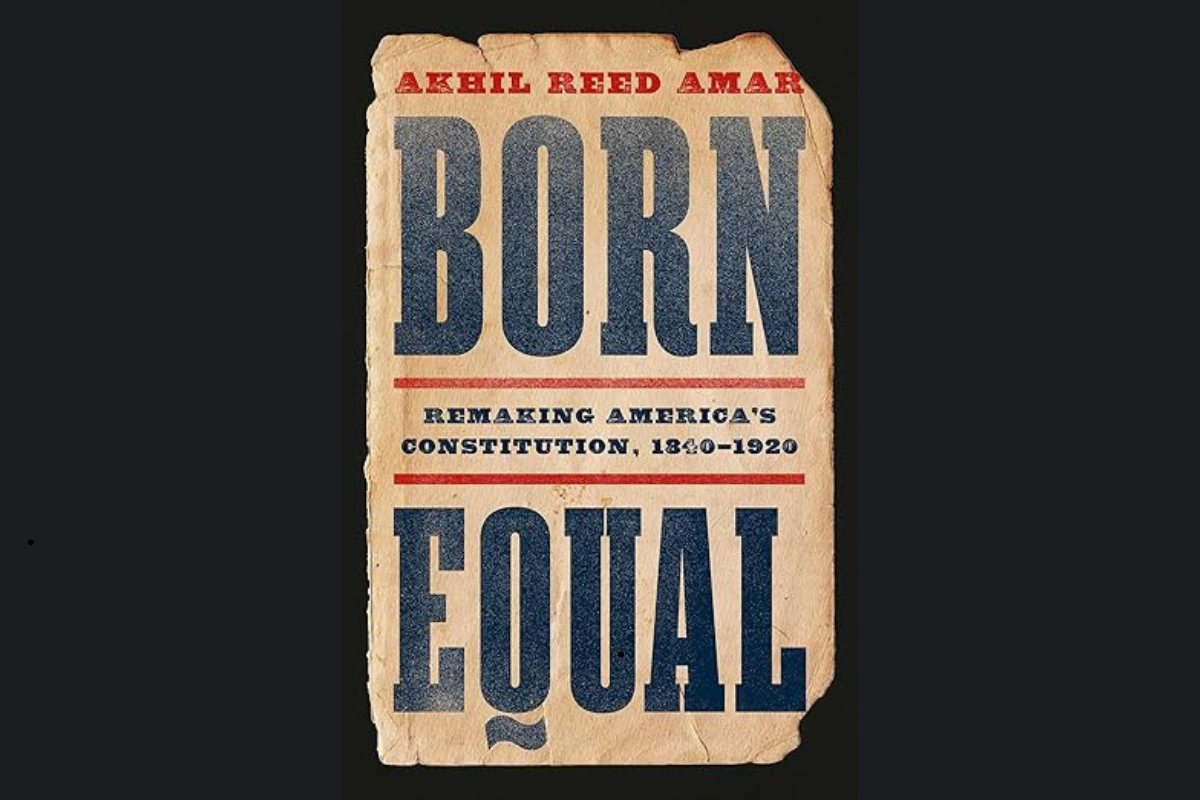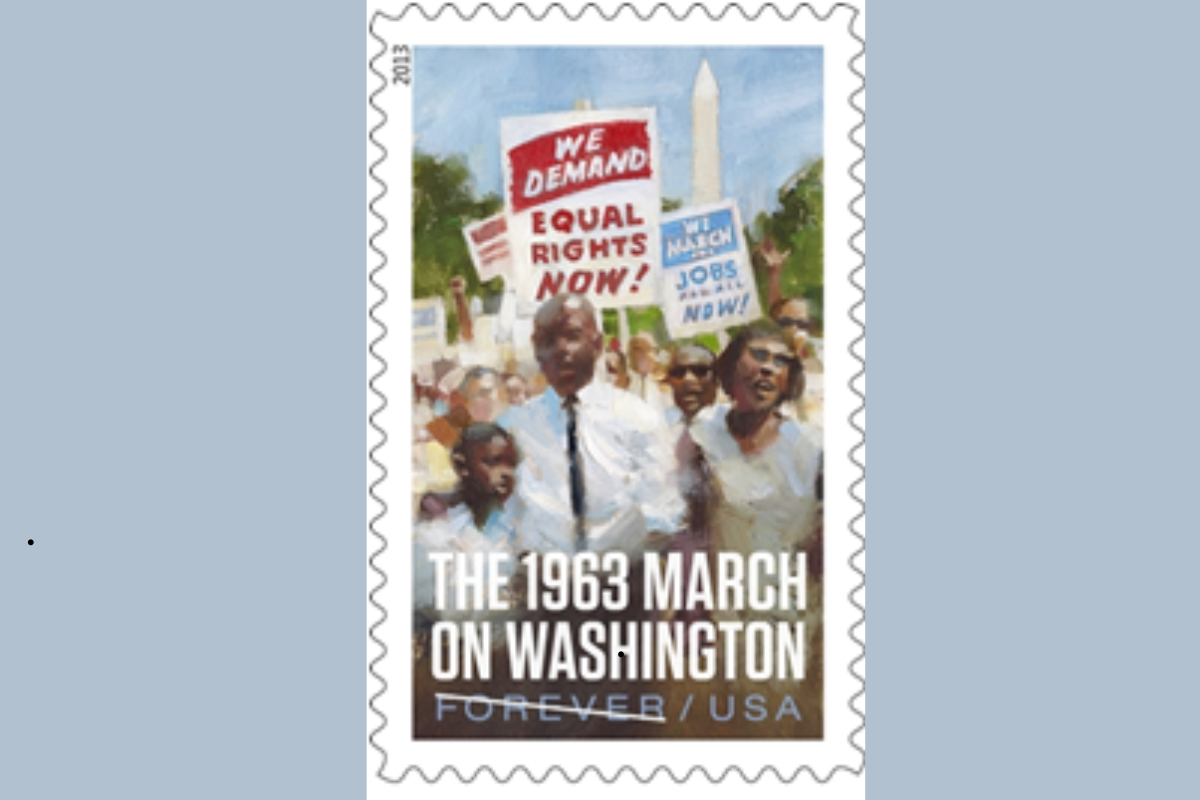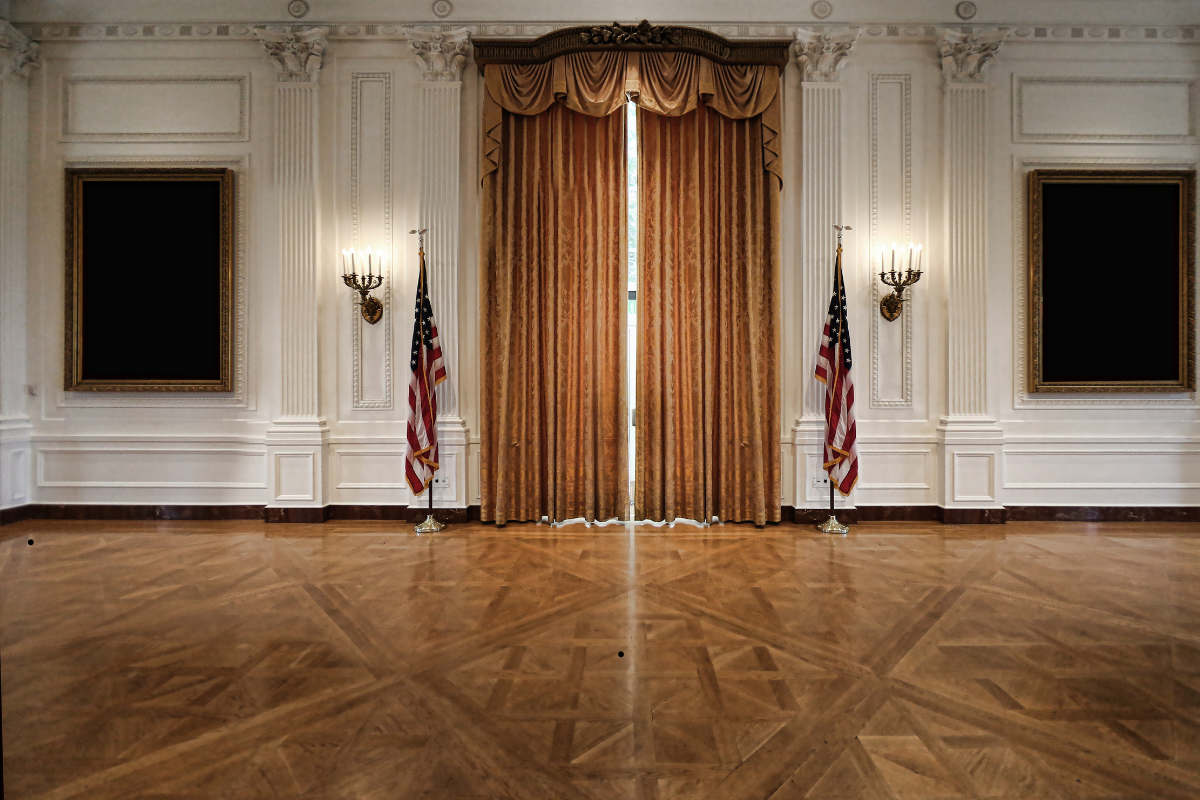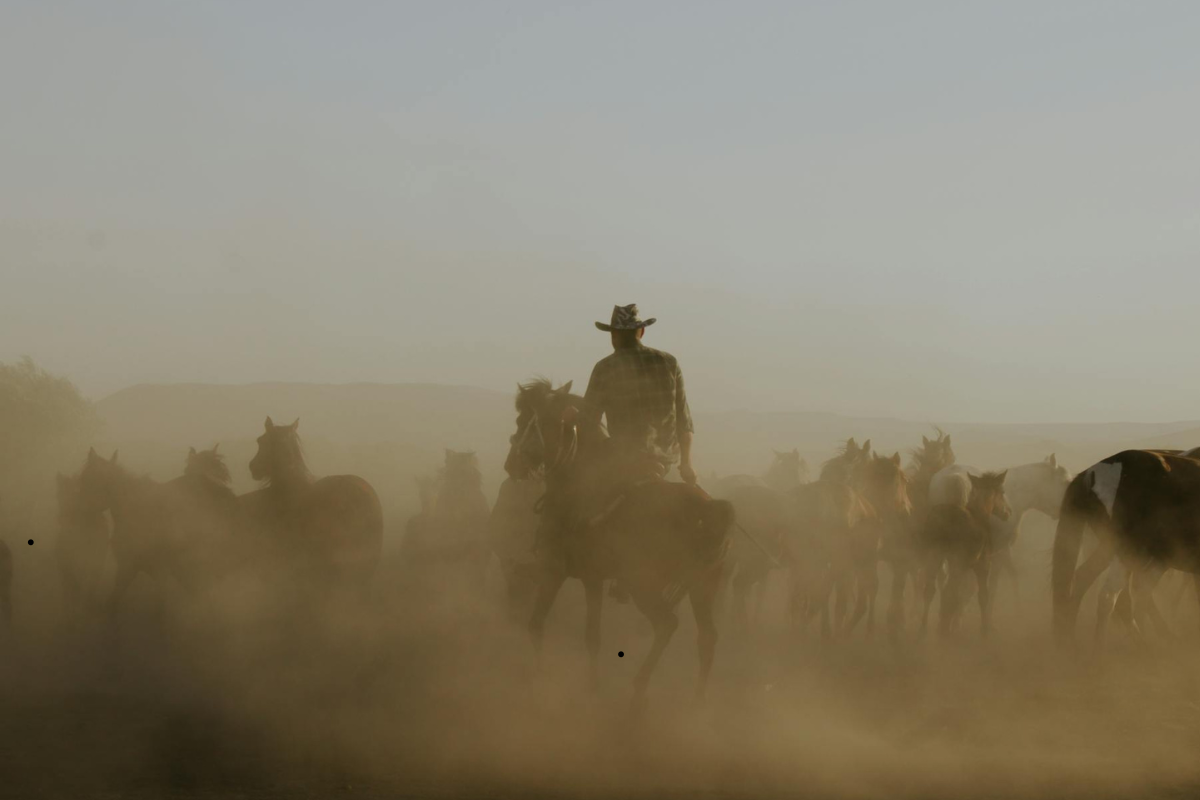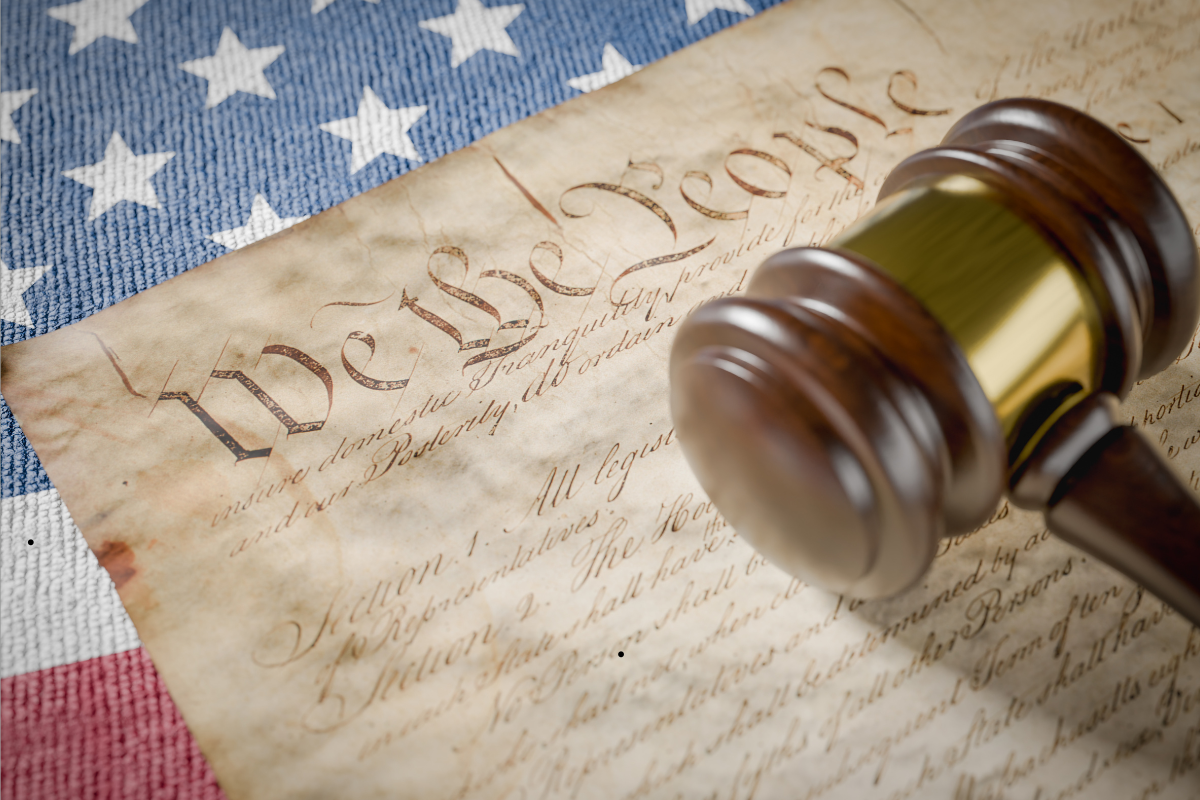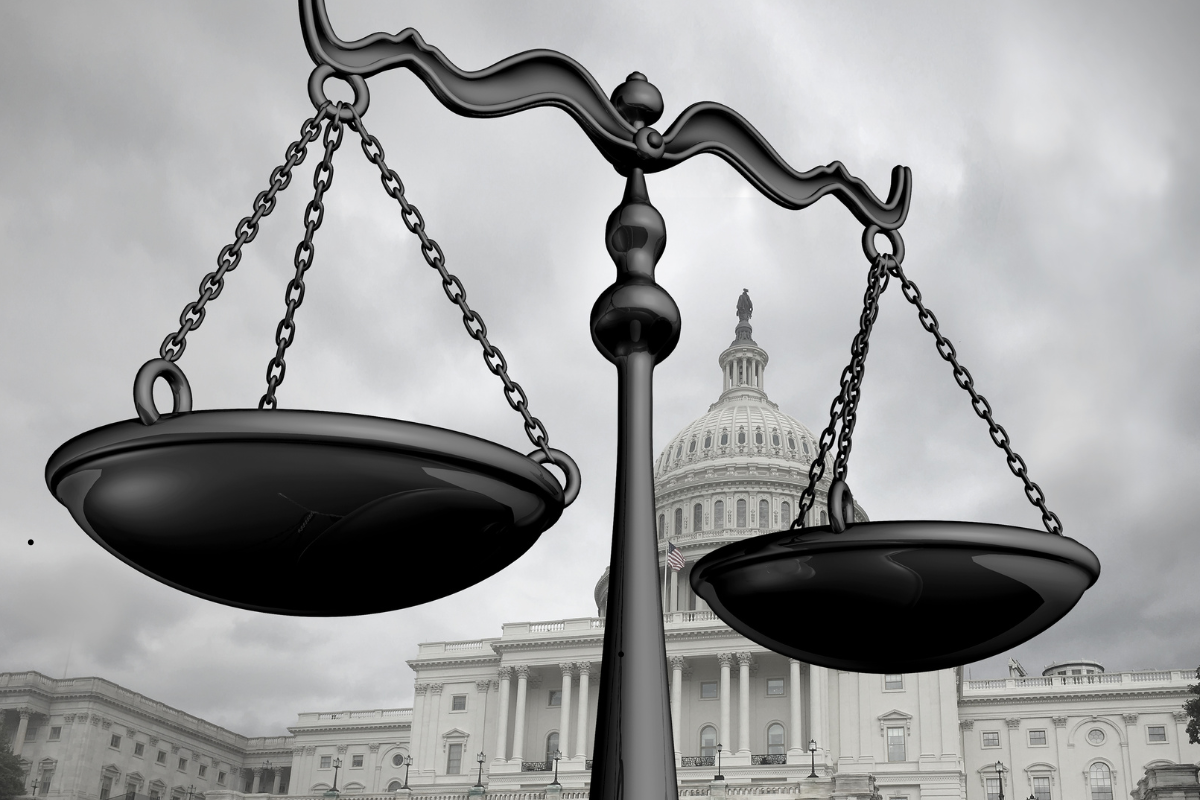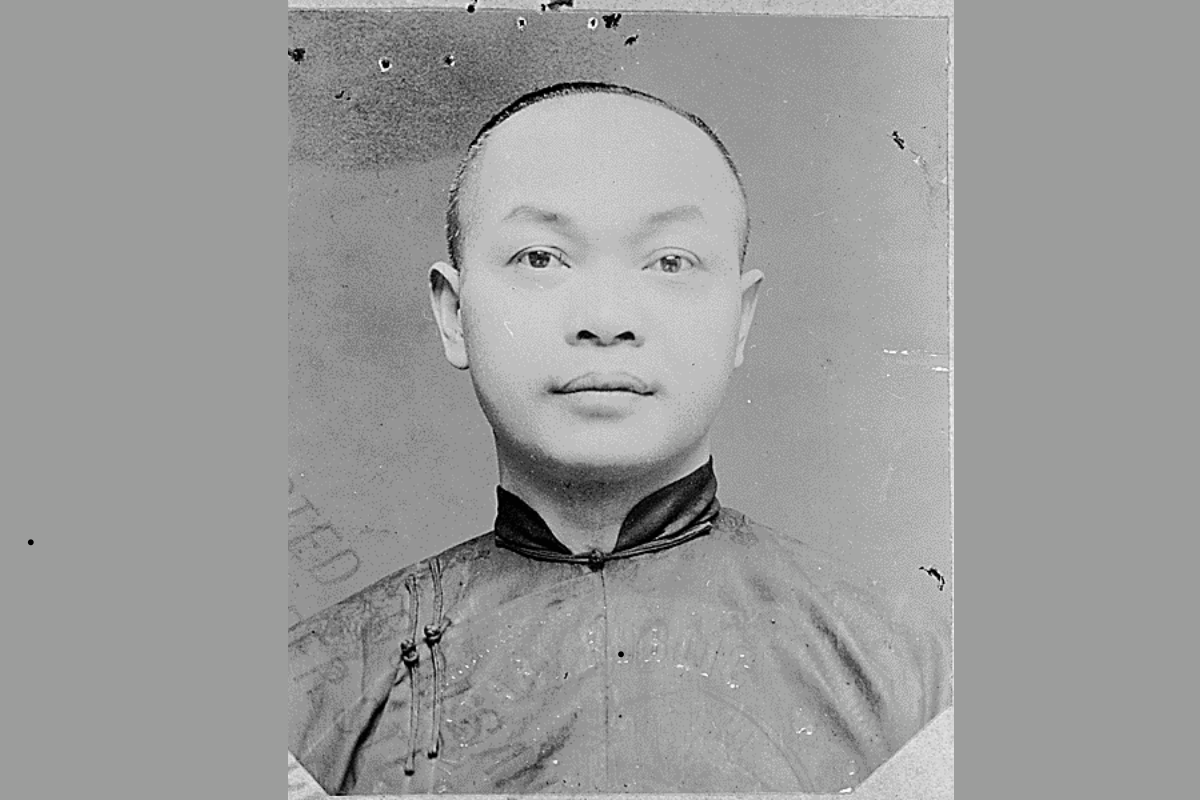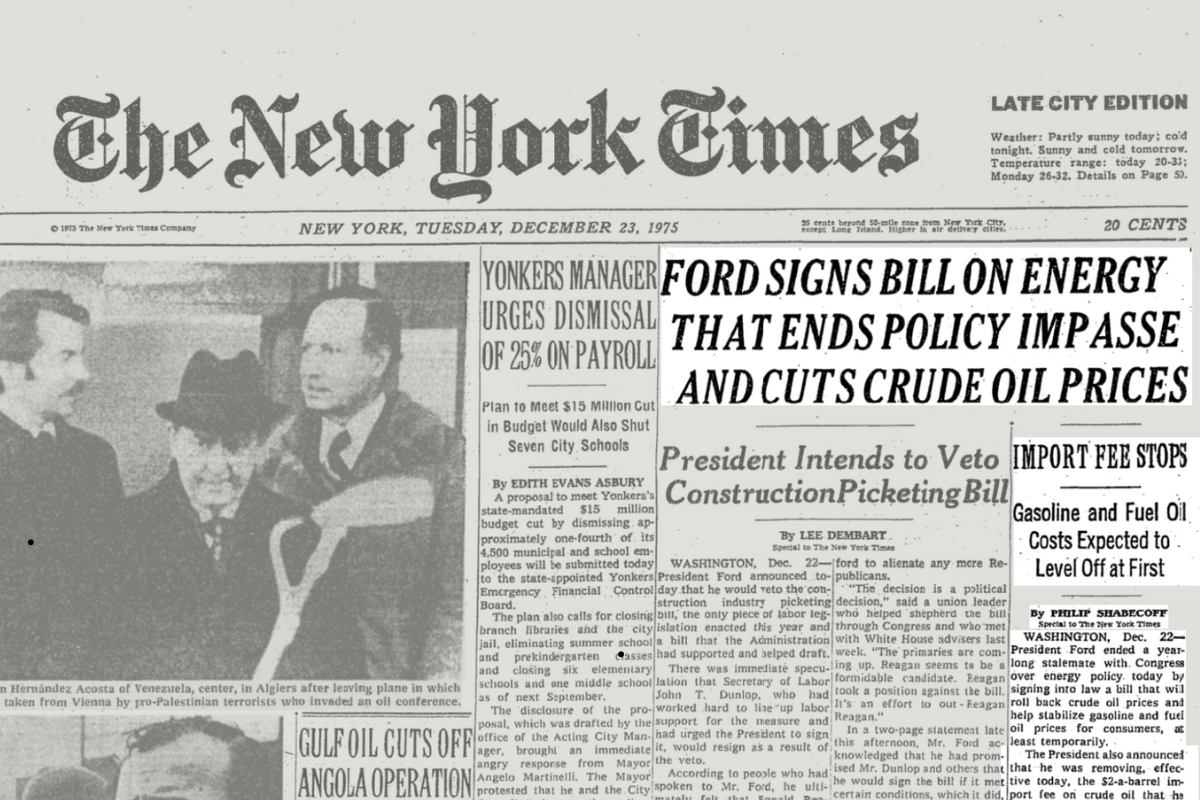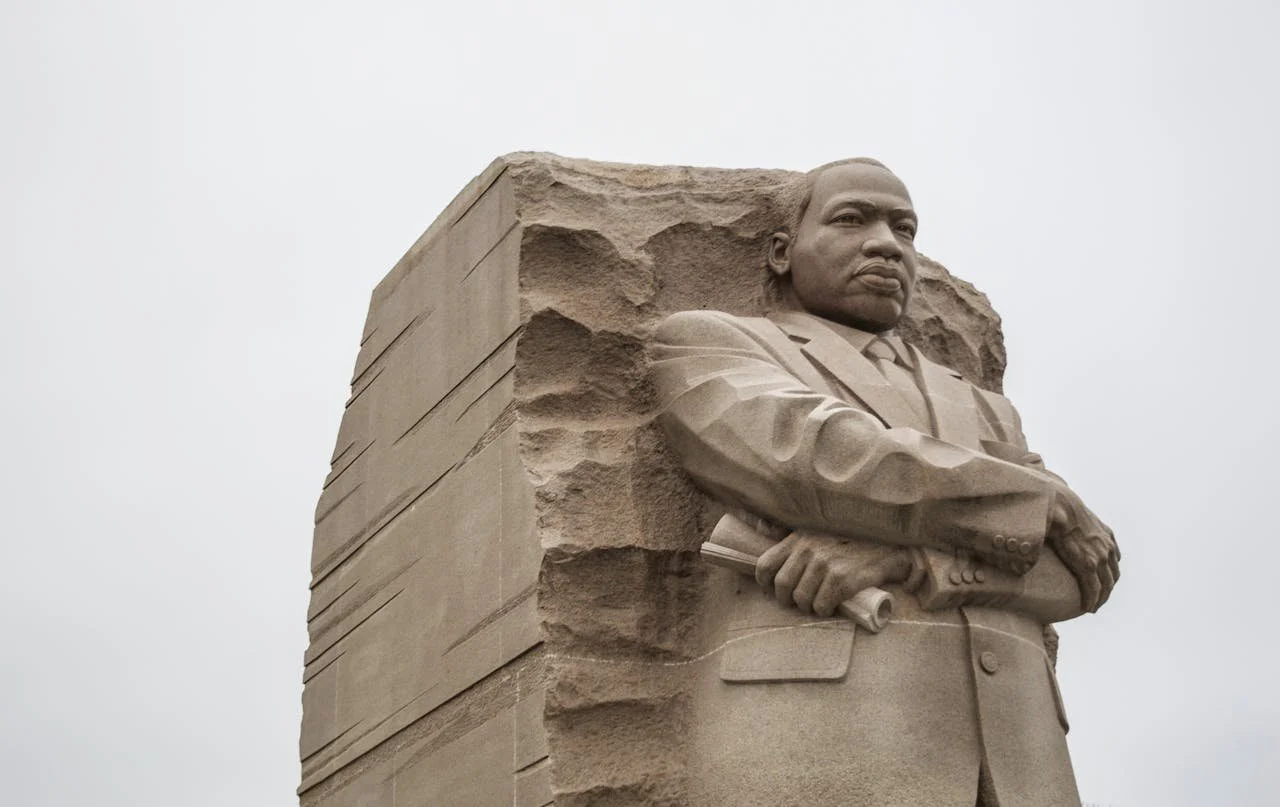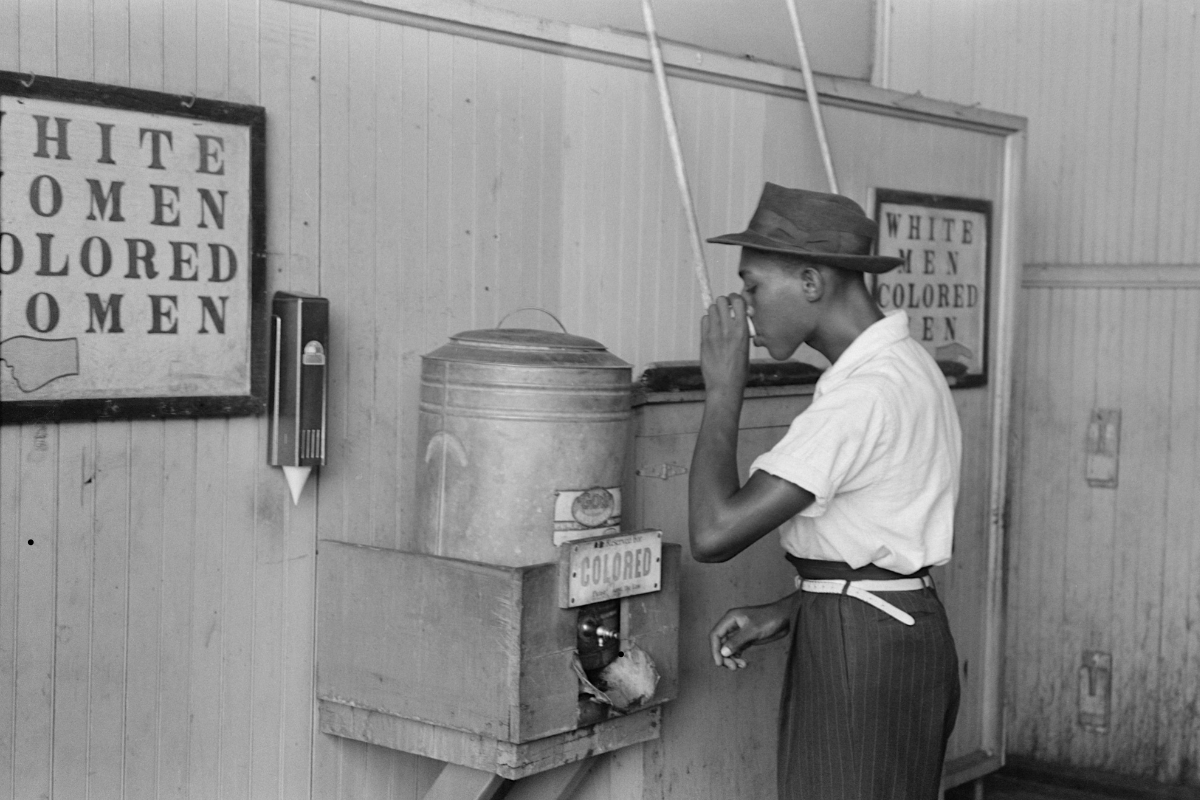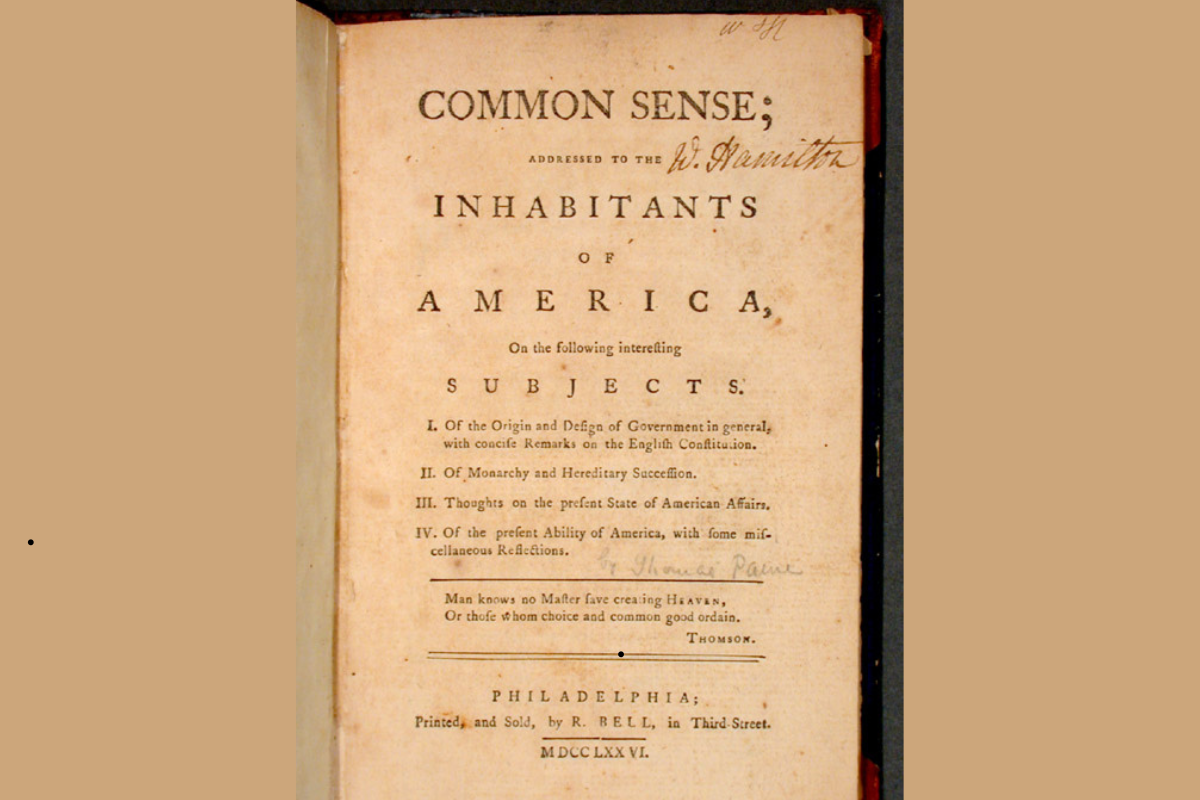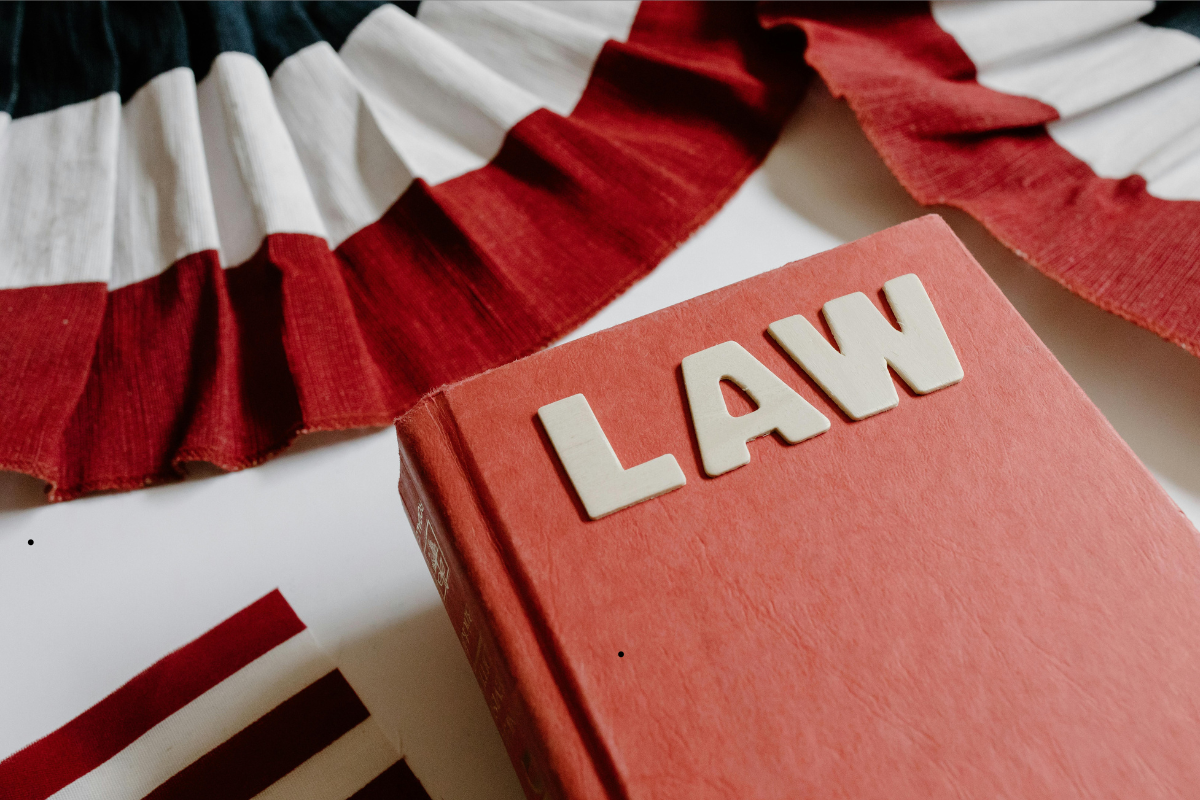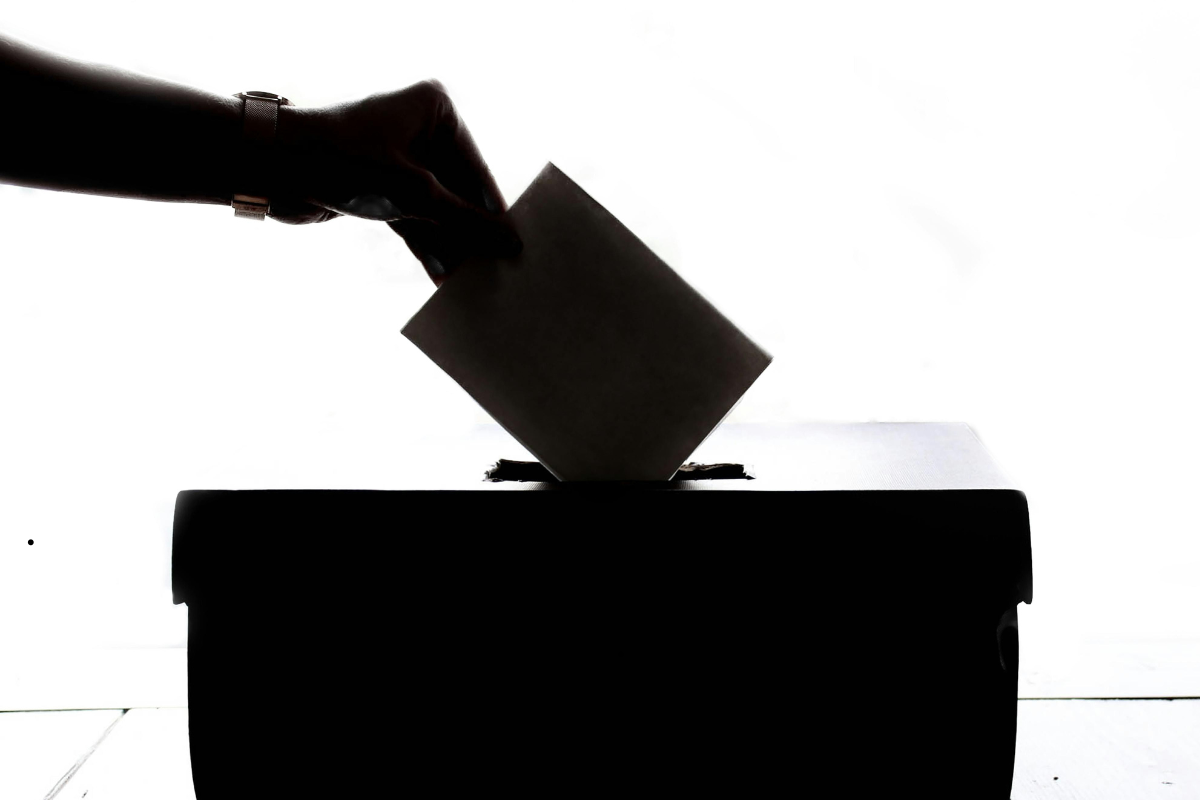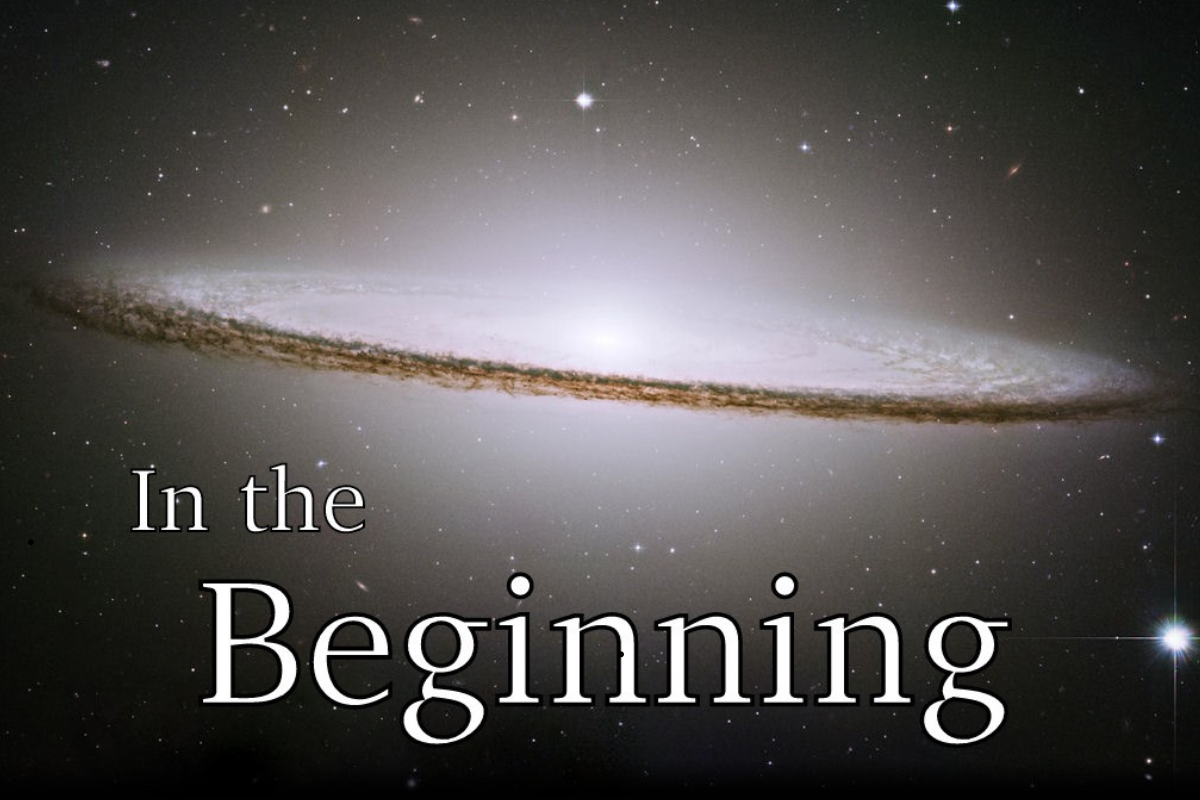
Rosemarie Zagarri
Rosemarie Zagarri received her Ph.D. from Yale University and specializes in Early American history. She has published four books, the most recent of which is Revolutionary Backlash: Women and Politics in the Early American Republic (University of Pennsylvania Press, 2007; paperback, 2008). Her articles have appeared in leading scholarly journals such as the Journal of American History, American Quarterly, Journal of the Early Republic, and William & Mary Quarterly, and in numerous edited collections.Her latest book project is called, "Liberty and Oppression: Thomas Law and the Problem of Empire in Colonial British India and the Early American Republic."
Professor Zagarri has received numerous nationally competitive research fellowships from scholarly organizations such as the National Endowment for the Humanities (1997-1998, 2011-2012), the American Antiquarian Society, the American Philosophical Society, and George Washington's Mount Vernon. Her article, “Morals, Manners, and the Republican Mother,” published in American Quarterly, received the Outstanding Article Prize from the Southeastern Eighteenth-Century Studies Association. The Wall Street Journal named her book, A Woman's Dilemma: Mercy Otis Warren and the American Revolution, one of the "Five Best Book on Revolutionary Women." She was the Thomas Jefferson Chair in American Studies at the University of Amsterdam, The Netherlands, and has served on the editorial boards of American Quarterly, Journal of the Early Republic, William & Mary Quarterly, and the University of Virginia Press. In 2010, she was elected President of the Society for Historians of the Early American Republic (SHEAR). In 2023, she was elected as a Fellow of the Society of American Historians. A past recipient of the Scholarship Award given by Mason's College of Humanities and Social Sciences, in 2013 the GMU Board of Visitors named her a Distinguished University Professor, the highest faculty rank at the university.
Read Rosemarie Zagarri’s Essays




